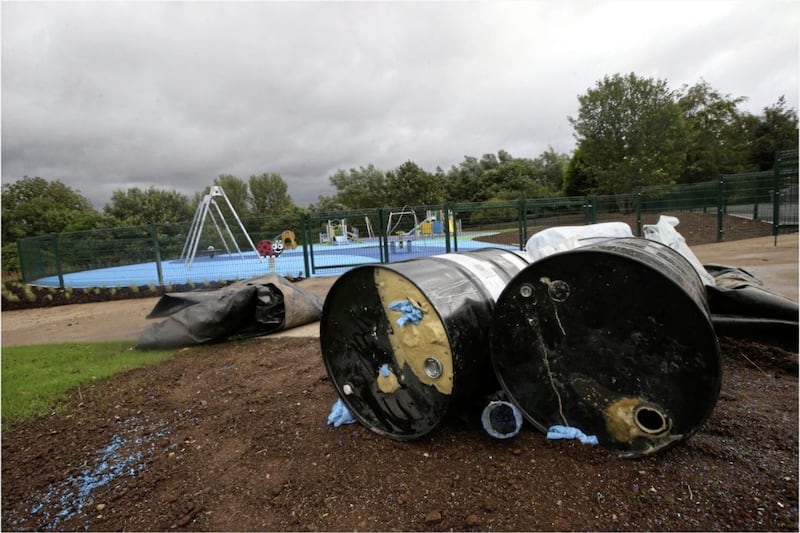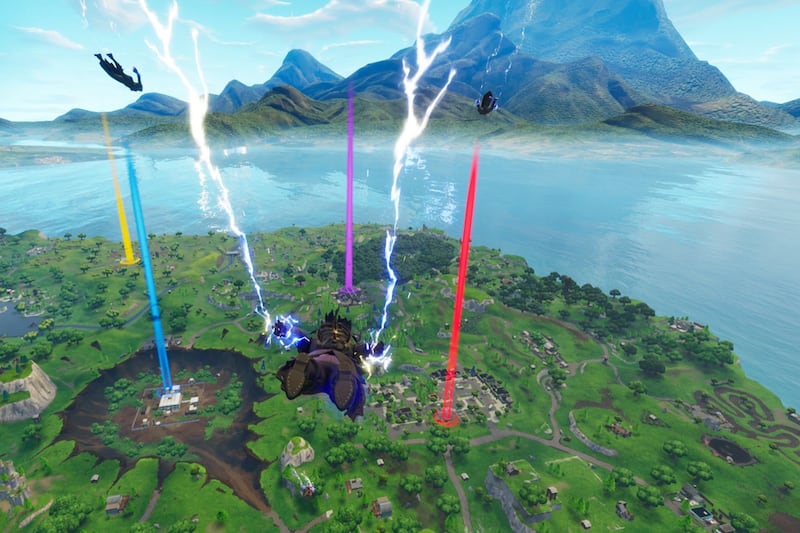Around one in three children do not have enough places to play, a survey has found.
Increased traffic outside homes has been blamed as one of the main barriers to play, according to PlayBoard NI.
In the lead-up to marking the first-ever International Day of Play on June 11, PlayBoard NI carried out a survey of children about the importance of play in their lives.
It found 48% said they did not have enough time for play, while 32% said there were very few places for them to play where they live and 28% highlighting a lack of other children to play with in their area.
Traffic concerns were highlighted by 27%, who said it prevented them from playing in their local area and on the streets near to their home.

But around 90% said play was important and 84% said it made them happy.
The two-week snapshot survey was completed online by 150 children and young people aged up to 18 years old and living in the north.
- Lack of play for children in NI hospitals can increase trauma and mental health problems, says charityOpens in new window
- New study finds 'inequity in play provision' for children in NIOpens in new window
- PlayBoard NI calls on politicians to 'champion play' in run-up to May electionOpens in new window
As part of International Day of Play, PlayBoard NI is today delivering an information session for MLAs at Parliament Buildings.

Speaking about what actions are required, Alan Herron from PlayBoard pointed to “the development of a resourced ‘Play Strategy’ aimed at increasing play opportunities, greater integration of play within school curricula, increasing access to inclusive play for children with disabilities, and providing safer spaces for play in communities.”








